Herbs for Relaxation: The world is a stressful place. It seems like there is always something to worry about – whether it’s work, family, or the state of the world. Finding ways to relax and let go of all the stress and tension can be challenging.
Fortunately, several herbs can help to relieve stress and promote relaxation. These herbs have been used for centuries in traditional medicine for their calming effects.
If you are looking for some natural ways to relax, read on for the top 7 herbs for relaxation.
ALWAYS CONSULT YOUR DOCTOR BEFORE STARTING A NEW HERBAL SUPPLEMENT! This article is for informational purposes only!
Many different herbs can be used for relaxation. Some herbs have sedative effects, while others have more subtle mood-elevating properties. Here are 7 of the best herbs for relaxation:

Valerian herbs for relaxation
Valerian is a flowering plant, an herb used for centuries to promote relaxation and sleep. Valerian contains chemicals that may help to promote peace and rest. Valerian is a flowering plant used for centuries to promote relaxation and sleep. Today, valerian is most commonly taken in the form of an extract or tea. Furthermore, it can be taken orally or applied to the skin.
Valerian contains chemicals that may help to promote tranquility and calmness. Valerian contains chemicals that may help to promote relaxation and sleep. The herb is thought to work by boosting the concentration of gamma-aminobutyric acid (GABA). This happens in the brain. GABA is a neurotransmitter that helps to regulate anxiety and promote relaxation.
Some research suggests valerian may effectively treat insomnia and other sleep disorders.

Passionflower for promoting relaxation
Passionflower is a dietary supplement that is sometimes used to promote relaxation. It is also speculated to work by heightening levels of a chemical called gamma-aminobutyric acid (GABA) in the brain. GABA is a neurotransmitter that helps regulate nerve impulses.
Passionflower is available in capsules, tablets, teas, and extracts. It is typically taken orally. Passionflower is generally considered safe when taken in recommended doses for short periods. However, it can cause some side effects, such as drowsiness, dizziness, and upset stomach. You should not take passionflower if you have liver disease or are pregnant or breastfeeding.
Passionflower may be worth trying if you want a natural way to promote relaxation. However, it is essential to talk to your healthcare provider first to make sure it is safe for
Discuss with your healthcare provider whether valerian is right for you if you have trouble sleeping or relaxing. Some scientific evidence supports these uses, but further research is still needed.
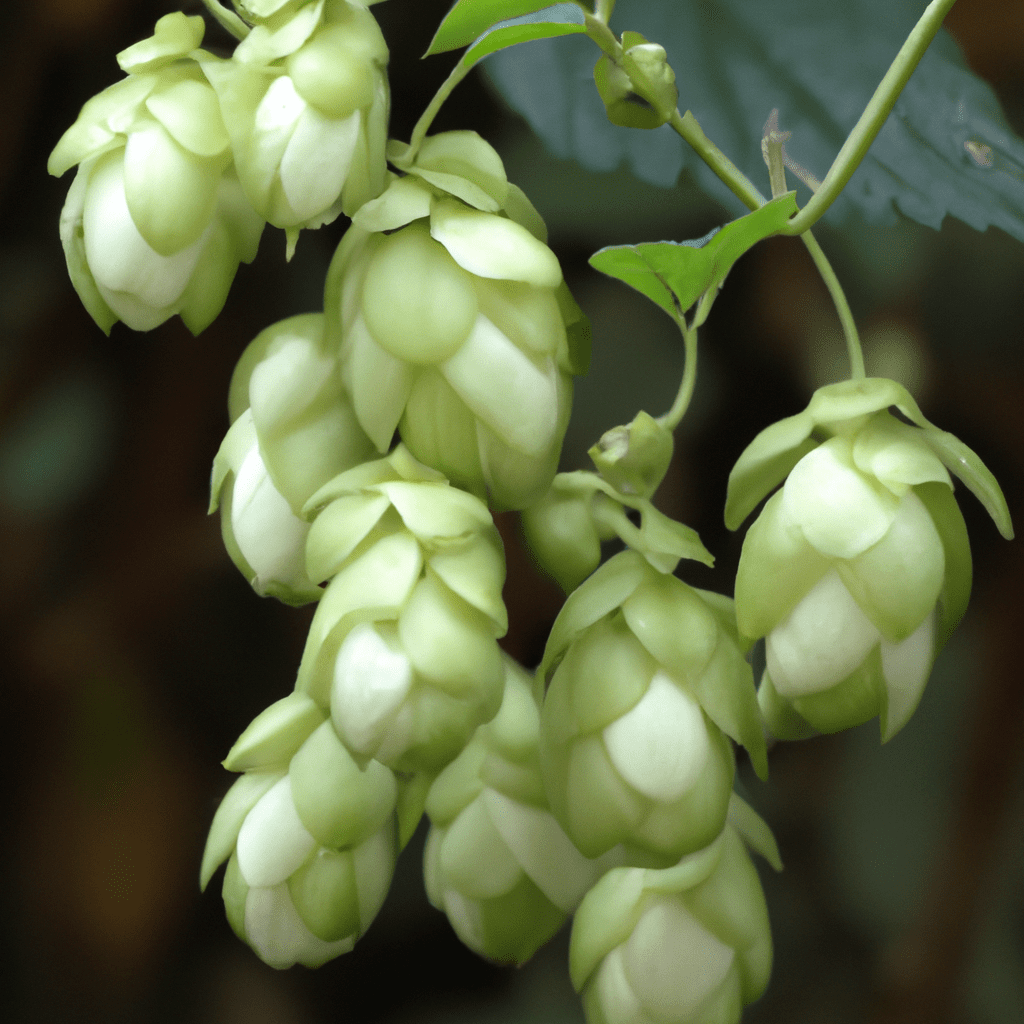
Hops used for stress relief: Herbs for Relaxation
Hops are flowering plants used since ancient times to relieve stress and anxiety. The flowers of the hop plant contain a natural compound called lupulin, which is known to have calming effects on the body and mind.
Lupulin is a substance found in hops known to have calming effects on the body and mind. Lupulin is thought to work by reducing levels in the body that lead to stress, cortisol. Furthermore, stress releases cortisol, which causes many stress-related symptoms, such as anxiety, irritability, and difficulty sleeping. Overall, by reducing cortisol levels, lupulin can help reduce stress symptoms and promote a sense of calm.
The substance Lupulin is also available in supplement form and can be taken in capsule or liquid form. It is also possible to find lupulin in some craft beers, as it is used as a flavoring agent. Hops are often used in herbal teas, supplements, and personal care products to help promote relaxation.
Finally, adding hops to your diet or using products containing them can significantly reduce stress and anxiety; consider adding hops to your diet or using them.
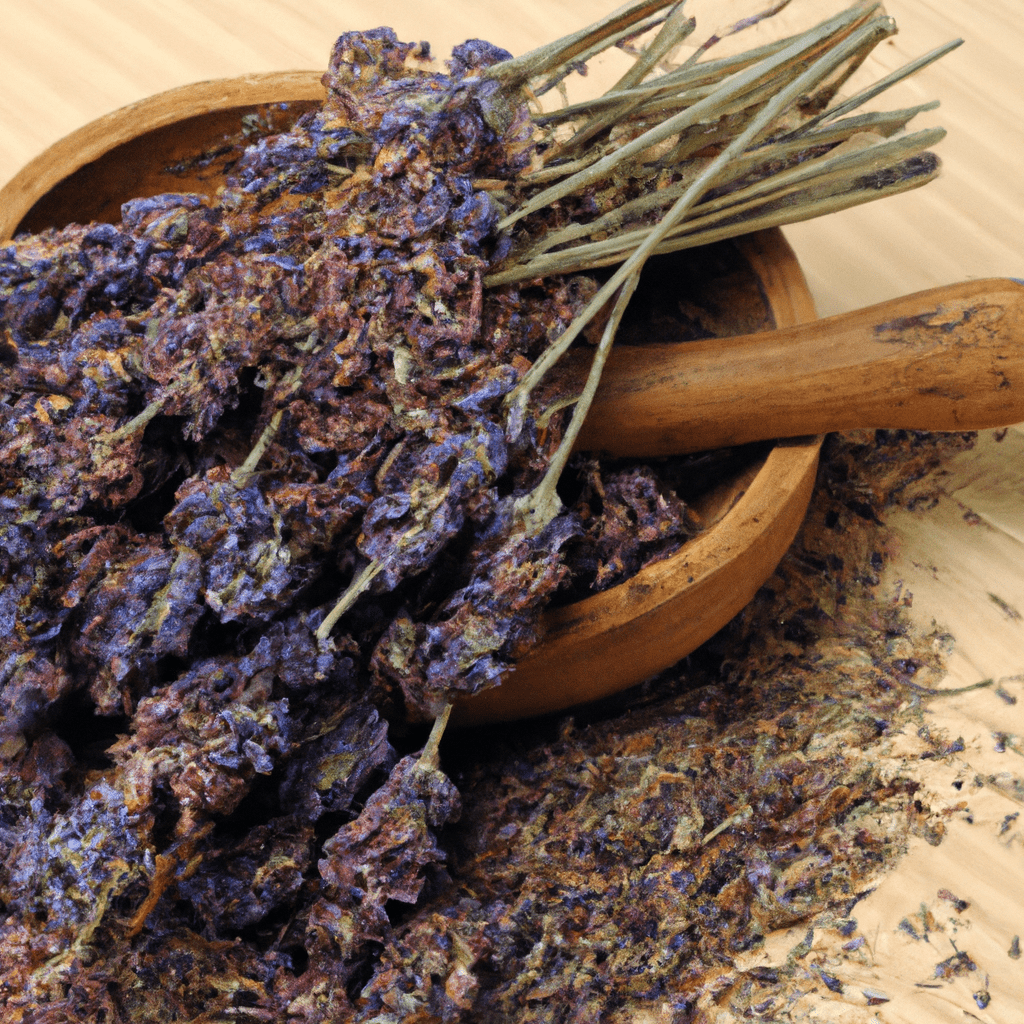
Lavender flowers for promoting peace are Herbs for Relaxation
There is a reason lavender is such a popular scent – it has a calming and relaxing effect on the body and mind. Studies have shown that lavender can help to reduce anxiety and promote peace and relaxation. This makes it an ideal scent to use in aromatherapy or to add a bit of lavender to your home or office to encourage a sense of calm.
The scent of lavender is widely known to be calming and relaxing, which is why it is an ideal aromatherapy choice. Lavender oil can be used in a diffuser to fill the air with its calming aroma, or it can be added to a bath for a relaxing soak. You can even use lavender oil to add a few drops to a pot of boiling water to create a makeshift vapor shower.
Lavender oil can also make a scented sachet or pillow insert to help you sleep better at night. A few drops of lavender oil can be added to a cotton ball or fabric and tucked into your pillowcase. The calming scent of lavender will help you drift off to sleep more easily.
Using lavender can promote relaxation and peace; consider using lavender. Whether you add a bit of lavender to your décor or use it in aromatherapy, it will help create a calm and relaxing environment.
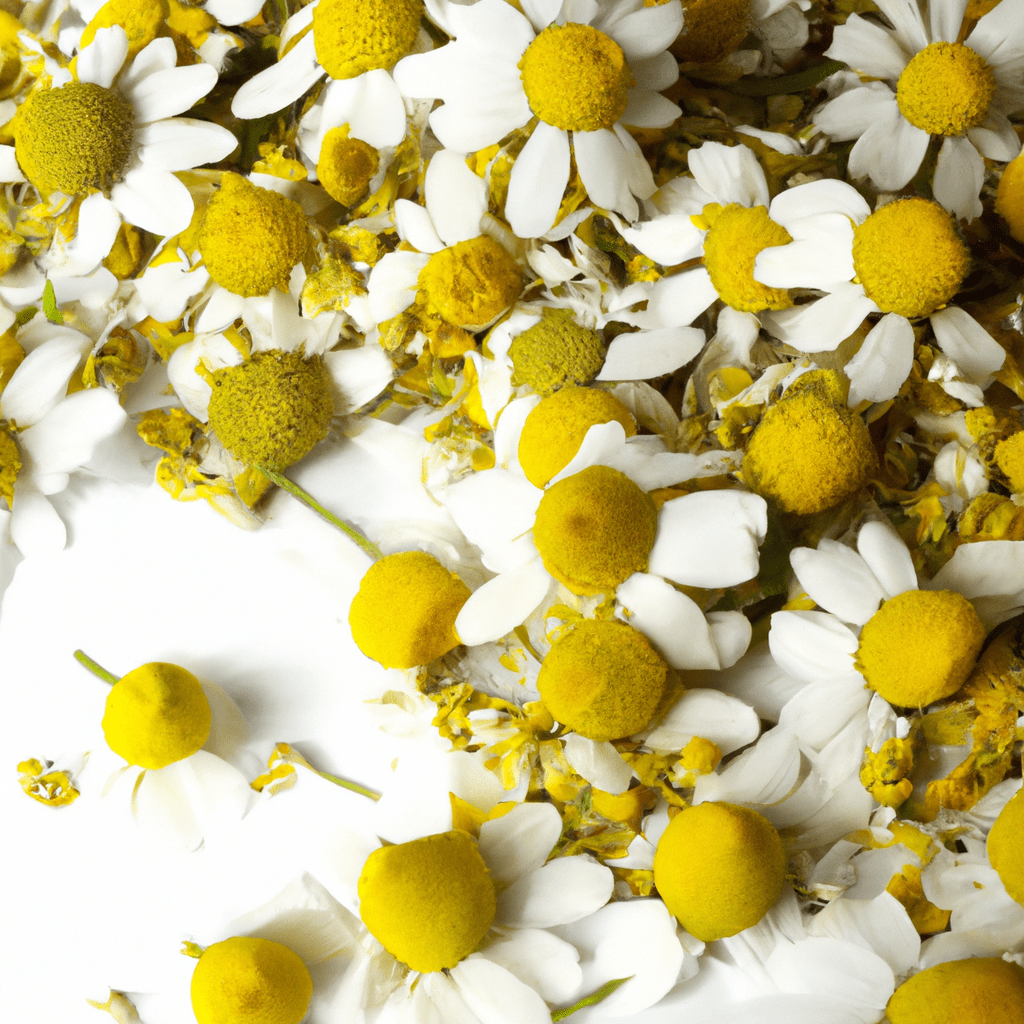
Chamomile herbs for relaxation and peace
Chamomile is a plant part of the Asteraceae family, including daisies, sunflowers, and asters. Many ailments have been treated with chamomile for centuries.
Chamomile is a plant part of the Asteraceae family. Which includes daisies, sunflowers, and asters. Various ailments can be treated with chamomile, an herbal remedy used for centuries.
The most common use for chamomile is as a tea. Chamomile tea has a slightly sweet taste and is often used to help with digestion or to promote sleep. Extracts and capsules of chamomile are also available.
Some studies have shown that chamomile has potential health benefits, such as reducing inflammation, improving sleep quality, and helping to relieve anxiety. These effects need to be confirmed by more research, however.
If you’re interested in trying chamomile, you must talk to your healthcare provider.
Chamomile is available in many forms, including tea, capsules, extracts, and tinctures. Chamomile can be taken orally or applied topically. And be a gentle detoxifier of the gut. Chamomile tea infusion has a sweet—fruity taste and is naturally caffeine-free. Chamomile can be enjoyed fresh or dry and iced.
There are two main types of chamomile. German chamomile (Chamomilla Recutita) and Egyptian chamomile (Matricaria chamomilla). German chamomile is the most popular type of tea. In contrast, Egyptian chamomile is the most popular type for essential oil production.
Many health food stores sell dried chamomile flowers as pre-packaged products. Chamomile tea is brewed using these dried flowers and is a popular beverage choice for its calming effects. Chamomile is also commonly used in herbal medicine as a natural remedy for anxiety and insomnia.
Make chamomile tea by adding 1-2 teaspoons of dried chamomile flowers to 8 ounces of hot water.
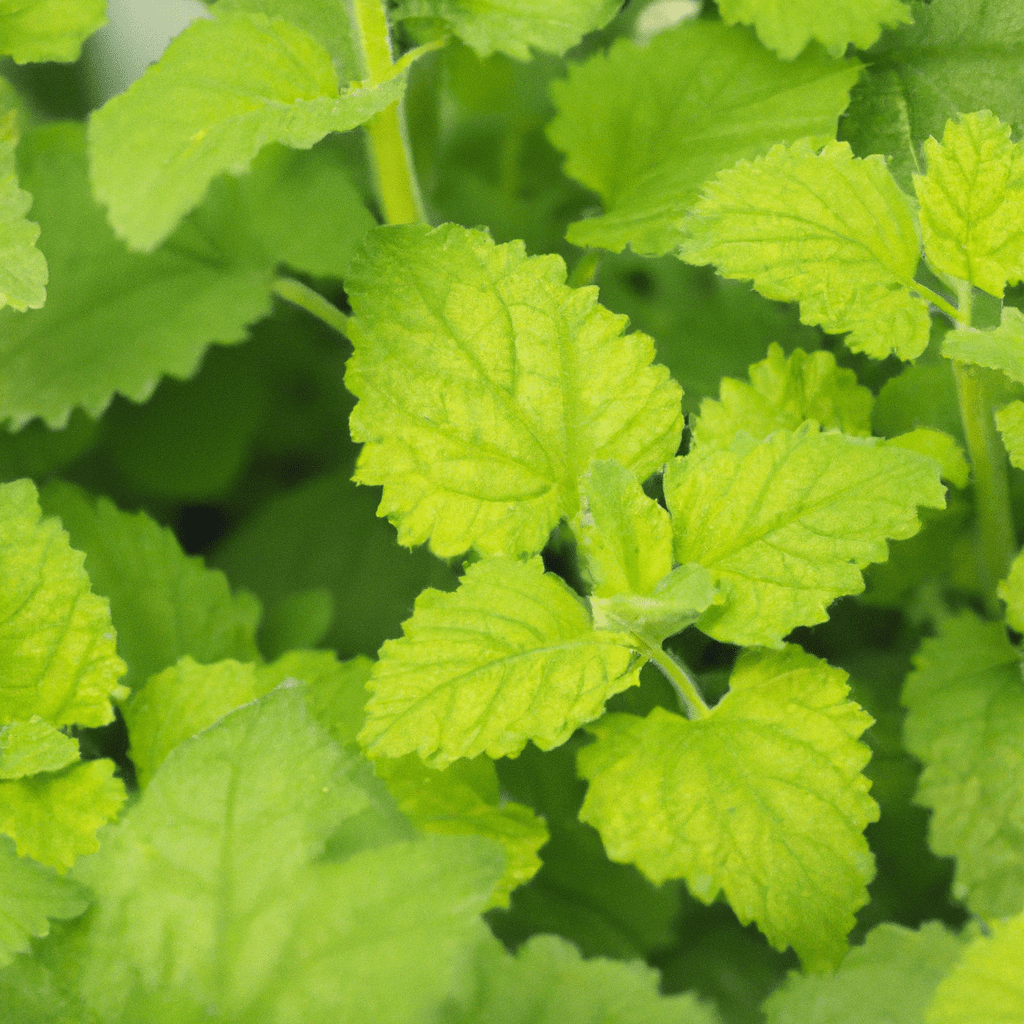
Lemon balm for reducing stress and promoting calmness
It is a perennial mint herb (Melissa officinalis). It’s native to Europe but grows all over the world, including North America. Historically, lemon balm has been used for its calming and stress-reducing effects. Furthermore, it’s often used in teas, tinctures, and other preparations to help promote relaxation.
Lemon balm appears to be effective in reducing stress and promoting calmness. A recent study found that lemon balm could significantly reduce stress levels in a group of participants exposed to stressful situations. Other studies have shown that lemon balm can help to reduce anxiety and improve sleep quality.
Overall, you may want to consider lemon balm if you want to reduce stress and promote calmness, then lemon balm may be worth considering.
A perennial herb in the mint family, lemon balm is also known by its botanical name, Melissa officinalis. It’s native to Europe, but it’s now grown worldwide. The leaves have a lemon-like scent and can be used to make tea, lemon balm extract, or essential oil.
Throughout history, lemon balm has been used as a herbal remedy. It’s been used to treat anxiety, insomnia, and digestive issues. Additionally, some people also use it to relieve cold symptoms, such as headaches and sore throat.
Lemon balm is generally considered safe. However, there’s some concern that it may interact with certain medications, such as thyroid medication. Overall, if you’re considering using lemon balm, you must talk to your healthcare provider first.
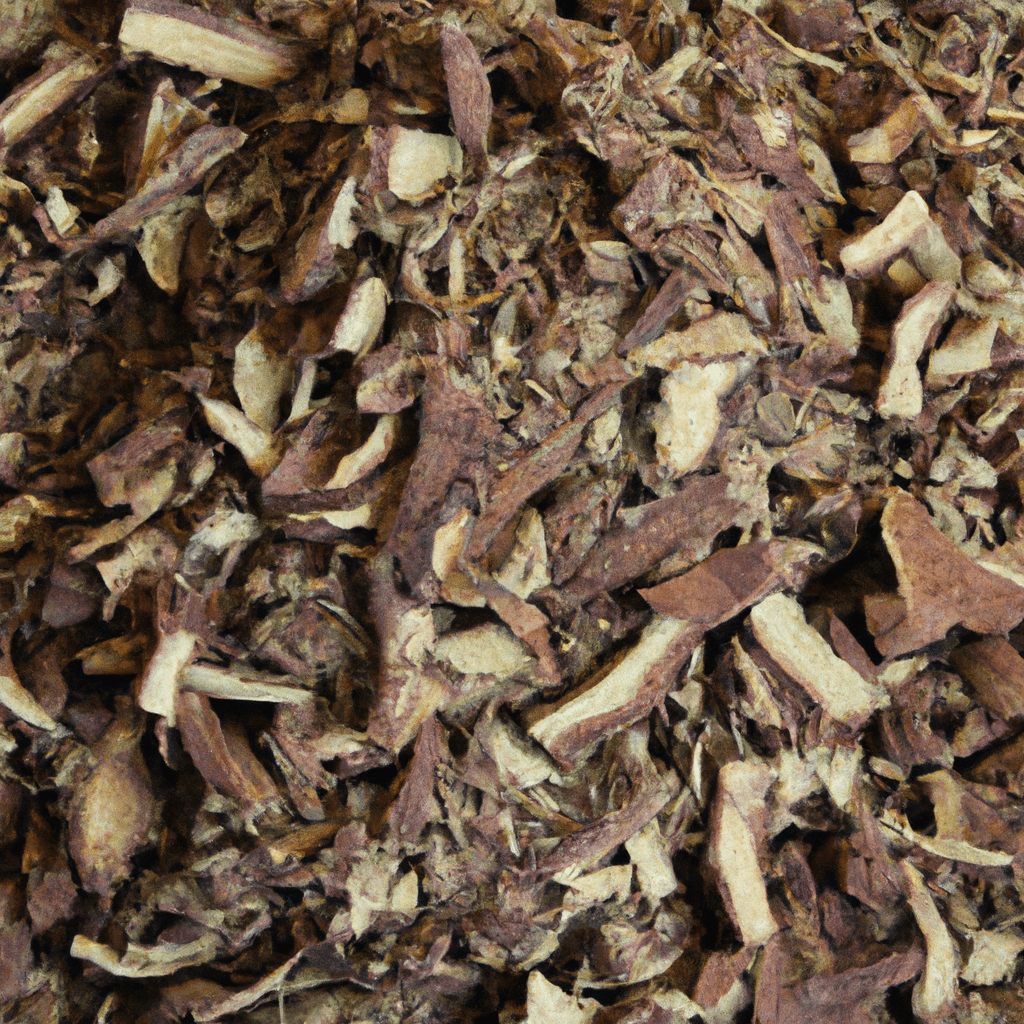
Kava kava for promoting stress relief
Kava kava is indigenous to the South Pacific Islands. For centuries, kava was used by the islanders for its calming and stress-relieving properties. Furthermore, Kava kava is often used in ceremonies and rituals to promote relaxation and peace of mind.
Kava kava (Piper methysticum) is a herbal remedy used for centuries to relieve pain and relax. Growing evidence suggests that kava may effectively reduce anxiety and improve sleep quality. Additionally, kava kava appears harmless when consumed in moderation. In recent years, kava kava has become popular in the West for its potential ability to reduce anxiety and improve sleep quality.
Although more research is needed, initial studies suggest that kava kava may effectively treat anxiety and improve sleep quality. Additionally, kava kava appears to be safe when consumed in moderation. If you’re considering taking kava kava for anxiety or sleep, talk to your healthcare provider first to ensure it’s right for you.
Overall, for those seeking a natural solution to stress and anxiety, kava kava may be worth trying.
There are many herbal remedies out there, if you enjoyed this post you may also like Herbalism Ultimate Guide to What it is
